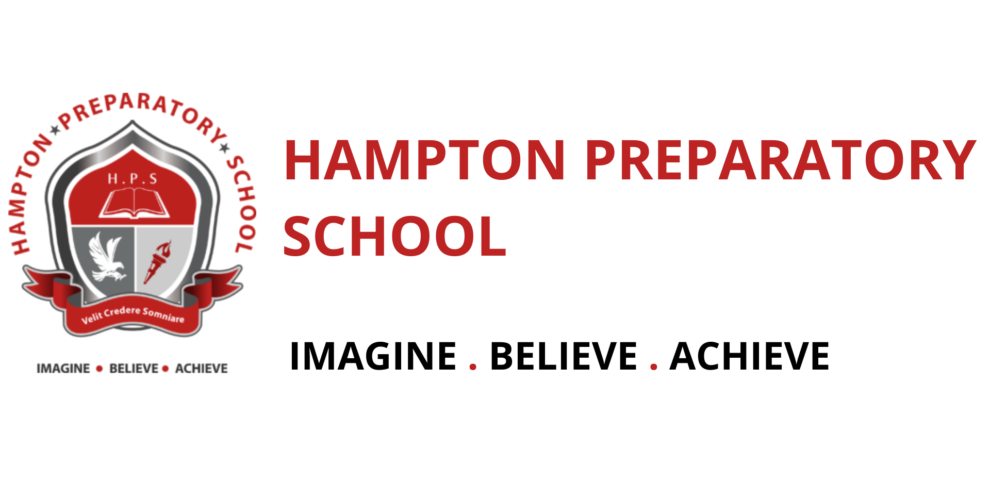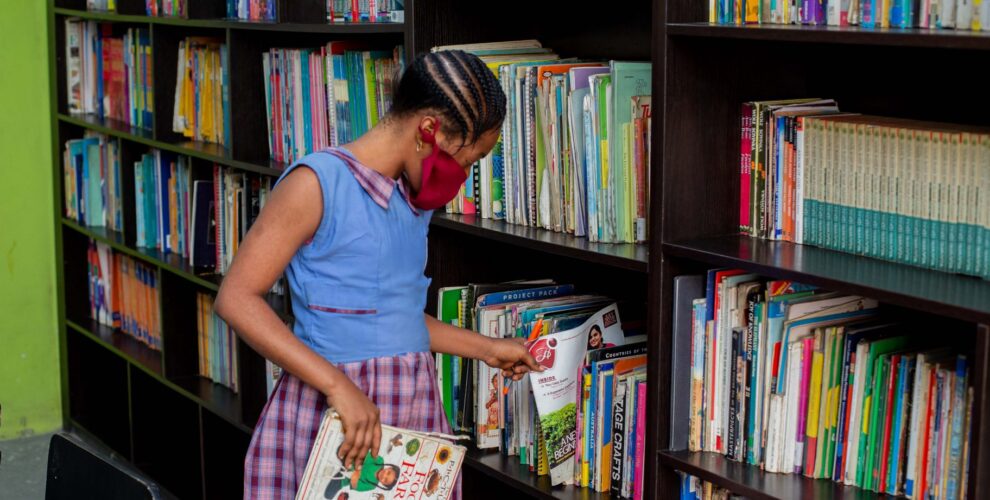The Nigerian society is greatly unbalanced like many other developing countries but the imbalance seems like it is gradually becoming the norm and unfortunately, when a society has a flawed structure, it is the vulnerable members of the citizenry that bear the brunt.
The sad reality today is that the Nigerian child coming from a low income home has little chance of attaining any quality, substantial level of education because the resources are simply not available to them.x
Path to Possibilities is a privately owned non-profit charity actively working to ensure that children from all walks of life have access to quality education and are provided with tools needed for their overall development.
The charity’s founder, Titilolami Bello and director Funmi Akanmu are the minds behind this thoughtful endeavor.
They give The Guardian Life some insight into their mission, long term goals and the need for a collective effort to help the underprivileged children of Nigeria.
Kindly give us some insight into what Path To Possibilities is all about?
Path to Possibilities was founded in 2009 with the aim of supporting bright but disadvantaged children through secondary education. Our goal is to widen access to good quality education and advocate for the government to prioritise education. We focus on secondary education because it is the area where there is the most need. In 2017 we established a resource center in the slum area of Ikota where hundreds of children use the computers and the library for free. Who founded the charity? The Charity was founded by Titilolami Bello but we are a collegiate charity. The Charity is run by Titi and Funmi Akanmu with a team of volunteers.
How long has it been running?
The charity has been running for 12 years.x
Why did you think it was important to start Path To Possibilities?
According to Unicef figures Nigeria has the highest amount of children out of school in the world. Those figures have steadily increased from 10.5million back in 2009 when we started P2P to 13.2 million as at their 2018 reports. It was important for us at P2P to play a role in widening the access to good quality education for disadvantaged children. We also recognised that as we are unable to sponsor every child, the provision of a resource center and library aims to bridge the gap in access to learning.
What has been the experience running a charity in Lagos, Nigeria for such a long time? (Highs & lows)
Running a charity in Nigeria has been full of challenges and positives. Major challenge is the sheer amount of people that need support. We have visited many schools in many areas that lack the basic infrastructure to function properly. We have witnessed teachers paid little and regularly struggling to engage a classroom of over 70 children. We have visited schools with no running water and with buckets outside classrooms to collect the rain and we have seen many makeshift schools charging schools fees but they shouldn’t even be classed as a school. There are many challenges yet Nigerians are some of the most resilient and hardworking people on the planet and their light in any circumstances wants to shine. We have had many highs ranging from support from strangers to seeing whole communities support each other. We have even worked with schools like Caleb International School who have given us up to 50% off our school fees.
Kids at resource centre
Why do you feel the Nigerian educational system is stagnant?
The Nigerian education system is stagnant because we are not investing in education. Our elite and middle class send their children abroad while the masses languish in schools with poor infrastructure. Sadly, this is not the problem of the poor alone, it is a problem for all of us because our workforce, our businesses, innovation and even ideas are not optimal when the education of the masses is neglected. No one can run a business alone without workers, it is therefore not surprising that people complain about their businesses collapsing or not thriving because of the lack of quality employees. It goes back to education. And until we accept that our destiny and the future of Nigeria is linked to the education of the masses we will not make real progress or be able to compete. No developed country has developed without educating the masses, Nigeria needs to wake up to this fact.
Do you think private schools have a part to play in the overall improvement of the quality of education attainable in Nigeria?
Private schools have a role to play as educators interested in the development of the country and its citizens. We expect to see private schools open up a dialogue with the government and indeed to give back to their community. In developed countries, private schools often share resources with deprived schools, we want to see this culture develop in Nigeria.x
What steps do you believe need to be taken in order to change the state of education in Nigeria?
There needs to be more monetary investment. There needs to be a ban on all government ministers and commissioners sending their children abroad. Think about it, it would be completely unacceptable if most government ministers in England or America send their children to other countries to be educated – why is this accepted in Nigeria as the norm? As long as we allow this to continue we give leaders who have the responsibility to fix the system an option to opt out of the system.
What is the end goal of Path to Possibilities?
The condition of education in Nigeria is so bad it will take many decades to recover, but we must start now. We want to be a part of the solution. We want to highlight the problems, propose solutions and be a part of the solution. We strongly believe that education serves everyone’s interest and we want to see Nigeria compete globally in all spheres.
Is Path To Possibilities open to partnerships with government or private organizations?
Path To Possibilities is open to partnerships with anyone that shares in the vision of opening up access to good quality education for the masses.
Are there any upcoming projects the charity is working on?
We are working on enhancing the resource centre facilities with more computers and dedicated training programmes that would benefit the local children.
Collaboration with other NGOs and private organizations to provide more scholarships.
Source: https://guardian.ng/life/path-to-possibilities-bridging-the-gap-in-education/




Leave a Reply